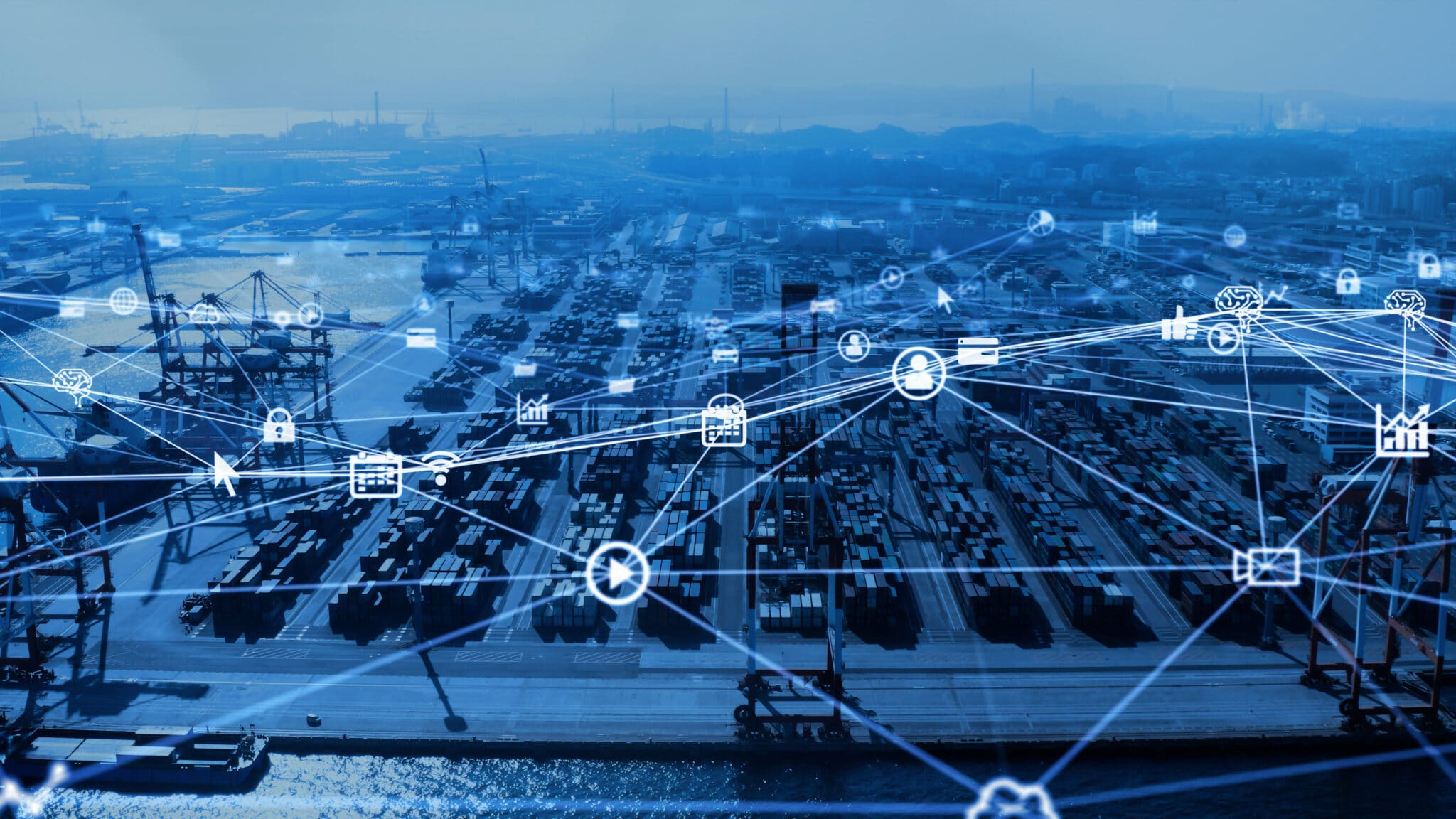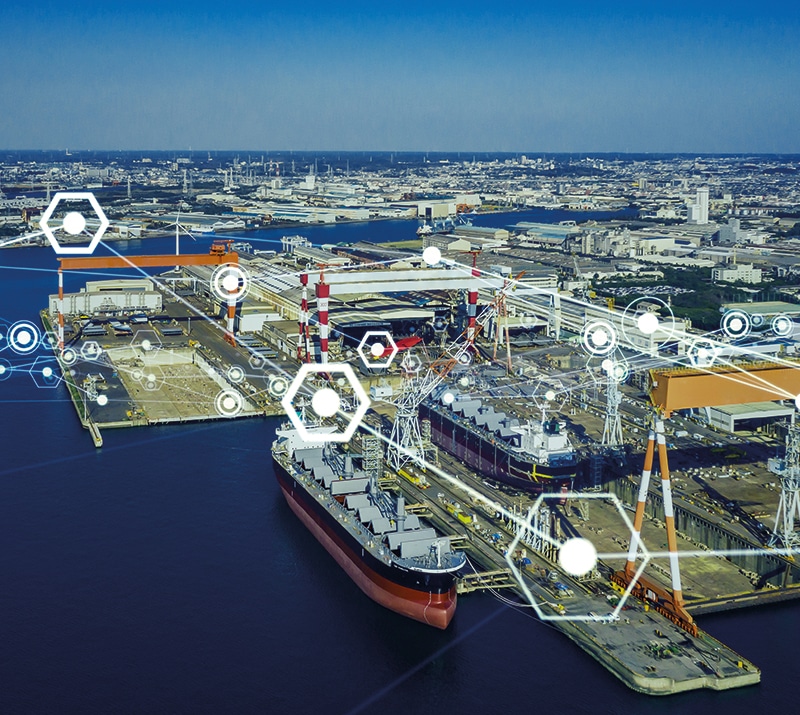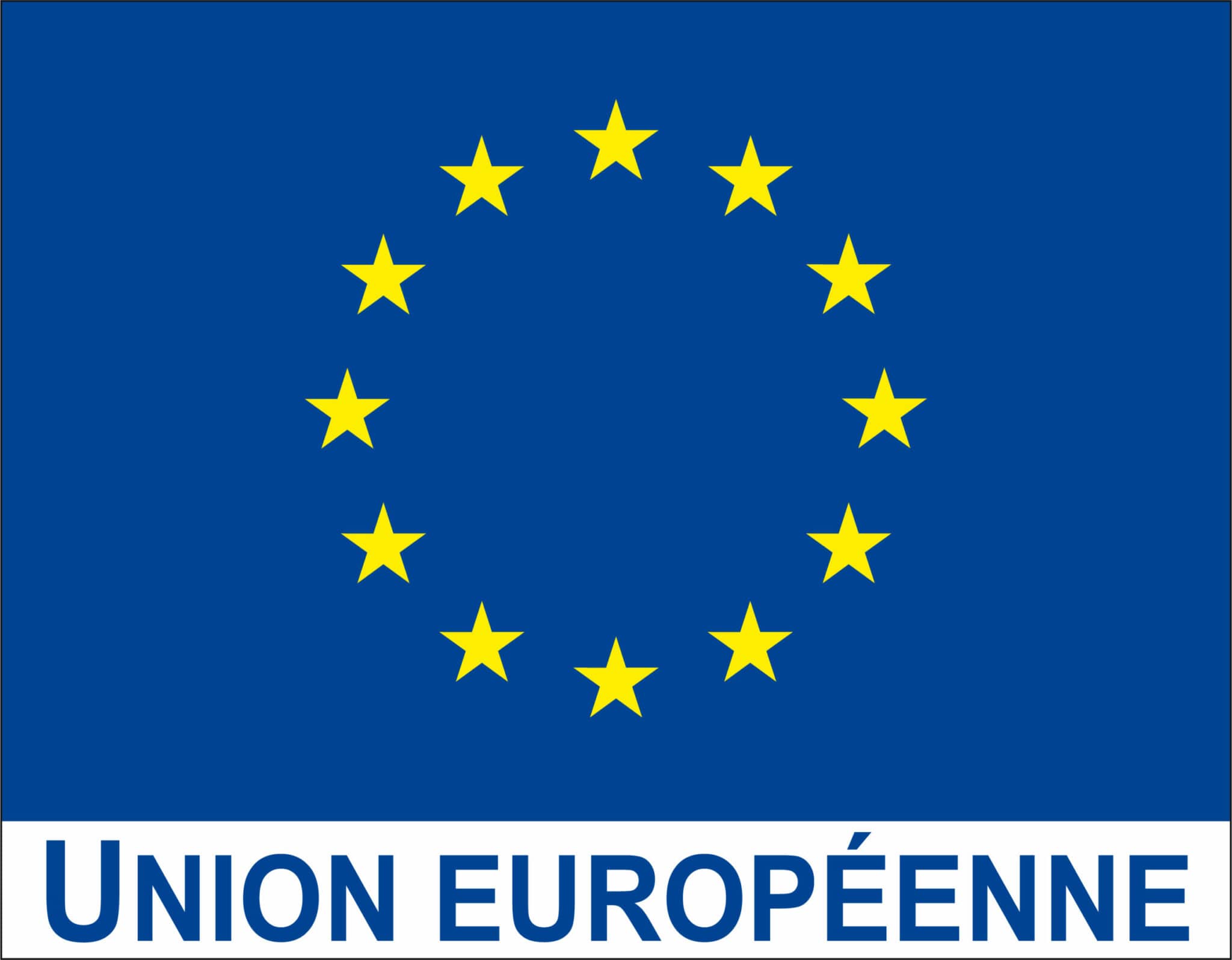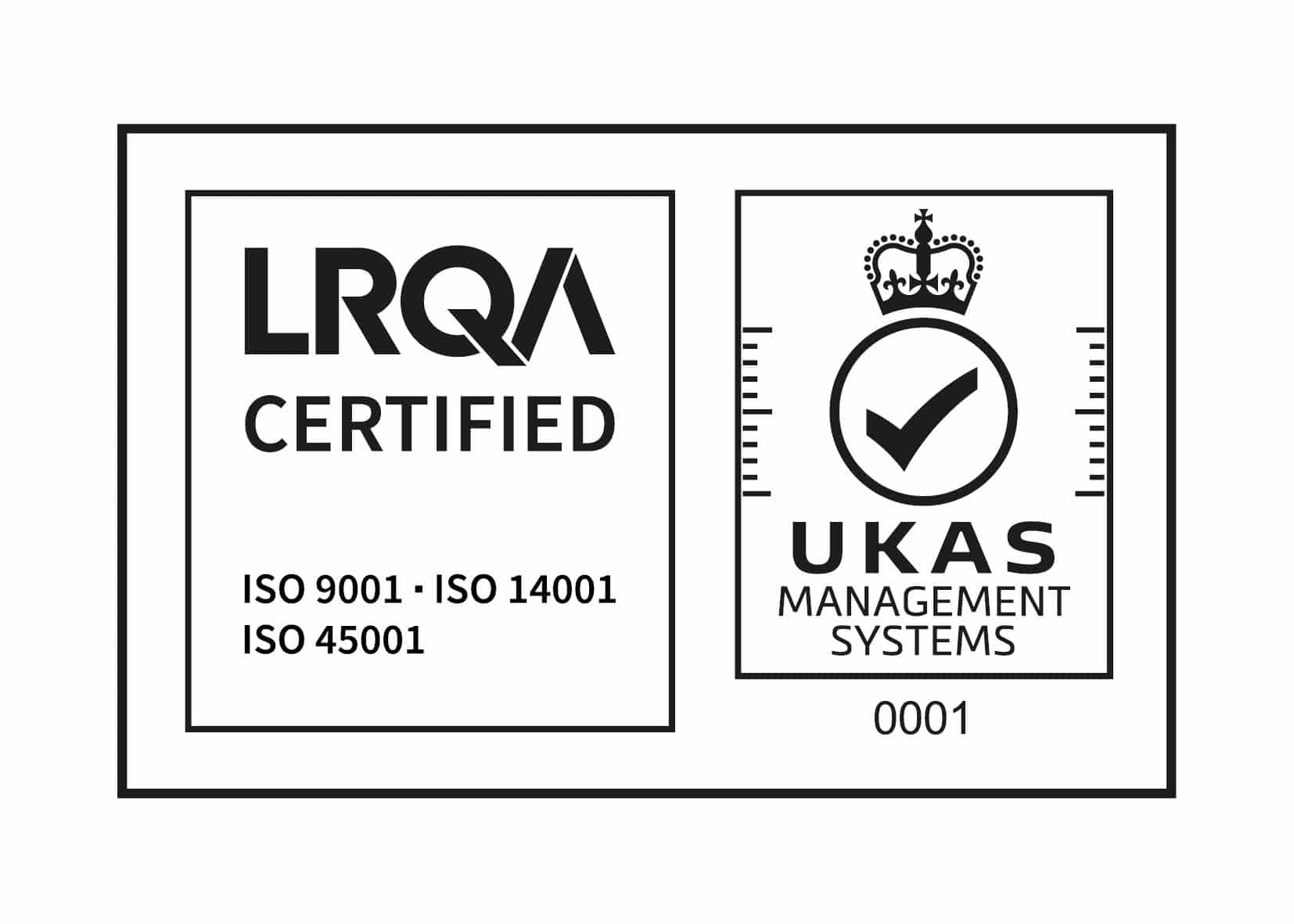
How can Digitalization Benefit Freight Forwarders?
Freight forwarders are key actors in the global supply chain. Being a fundamental intermediate between carriers and shippers, they interact with multiple parties from various sectors and manage a huge amount of data.










